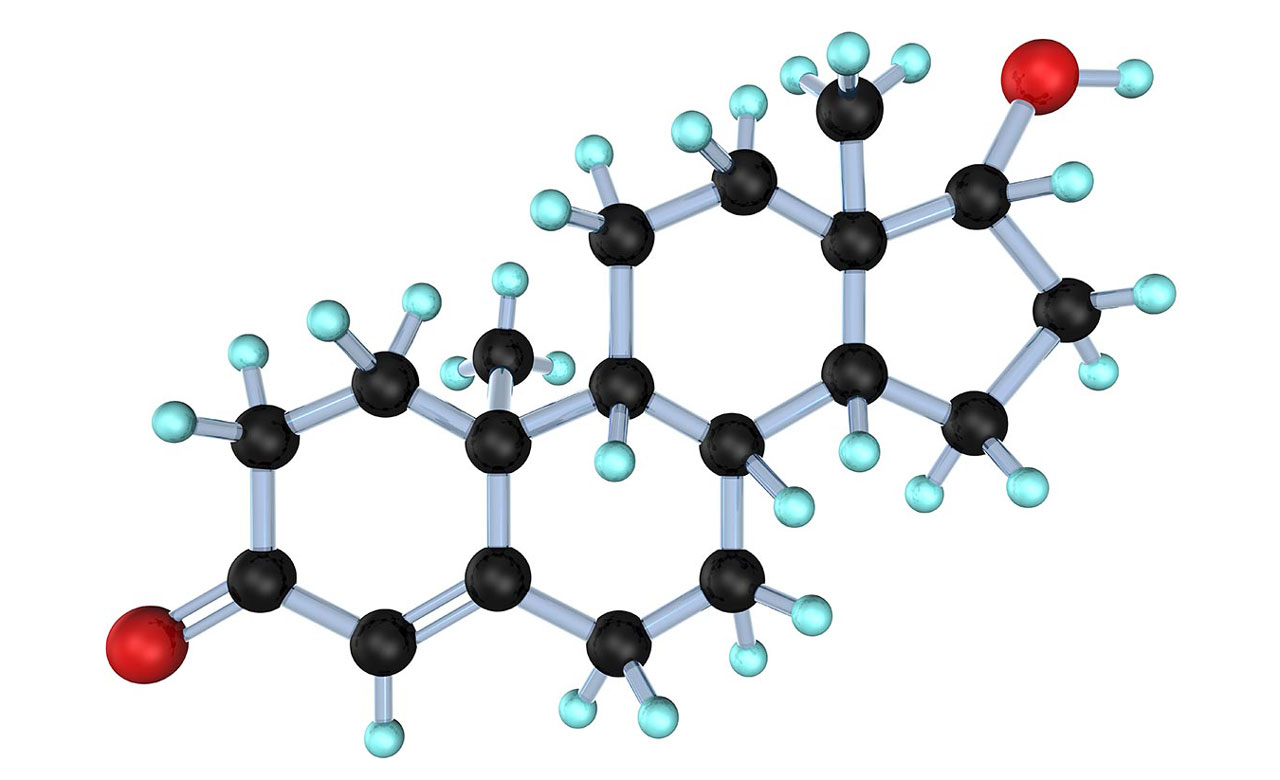Heart Risk

Clarissa Chan, PharmD
Results of a recent trial published in the July 13, 2023, issue of NEJM found men 45 to 80 years old who took testosterone-replacement therapy were unlikely to experience an increased risk of major adverse cardiac events when compared to placebo.
According to Partha Sardar, MD, assistant professor of clinical medicine at Columbia University Irving Medical Center, the trial results offer vital safety information for patients and health care providers making decisions about testosterone replacement.
“Over a 2-year treatment period, testosterone-replacement therapy did not appear to increase the risk of major adverse cardiac events, and the overall incidence of adverse events was relatively low,” said Sardar, who was not involved with the research. “The TRAVERSE trial was a well-executed trial that addresses the knowledge gap concerning testosterone supplementation in older men with hypogonadism at high risk for cardiovascular events.”
Study design
The Phase 4, double-blind, placebo-controlled, noninferiority trial included 5,246 consenting older men with hypogonadism who had pre-existing CVD or were at high risk for it.
They were randomized 1:1 to receive either testosterone 1.62% or a placebo gel transdermally at 316 clinical trial sites in the United States. The testosterone group received doses to maintain testosterone levels between 350 ng/dL and 750 ng/dL or in response to hematocrit levels greater than 54%. The mean treatment and follow-up duration was 21.7+/−14 and 33.0+/−12.1 months, respectively.
Hypogonadism was defined as having two fasting blood serum testosterone levels of >300 ng/dL and at least one or more symptoms including decreased sexual desire or libido, decreased spontaneous erections, fatigue, depressed mood, loss of axillary or pubic body hair, decreased frequency of shaving, or hot flashes.
Patients with CVD had either coronary artery disease, cerebrovascular disease, or peripheral artery disease. Increased CV risk was defined as having three or more risk factors, including hypertension, dyslipidemia, tobacco use, Stage 3 chronic kidney disease, diabetes, elevated high-sensitivity C-reactive protein level, age of 65 years or older, or a poor Agatston coronary calcium score.
Participants with congenital or acquired severe hypogonadism, history of prostate cancer or nodules, an elevated screening prostate-specific antigen level, thrombophilia, and uncontrolled heart failure were excluded from the study. Other exclusion criteria included patients who experienced acute coronary syndrome, stroke, or revascularization within 4 months or treatment with testosterone within 6 months.
Findings
The primary CV safety endpoint—the initial occurrence of any major adverse cardiac event, death from CV causes, nonfatal myocardial infarction or nonfatal stroke, assessed in a time-to-event analysis—occurred in 182 testosterone group patients (7%) and 190 placebo group patients (7.3%). Other endpoints showed similar findings between both groups.
Notably, a higher incidence of nonfatal arrhythmias (134 testosterone patients [5.2%] and 87 placebo patients [3.3%]), AFib (91 testosterone patients [3.5%] and 63 placebo patients [2.4%]), acute kidney injury (60 testosterone patients [2.3%] and 40 placebo patients [1.5%]), and pulmonary embolism (0.9% testosterone patients and 0.5% placebo patients) was found in testosterone group patients.
Discontinuation rates in the testosterone and placebo groups were similar at 61.4% and 61.7%, respectively.
Study limitations
“The mean follow-up period was 33 months, which may not be sufficient to observe the development of atherosclerotic vascular diseases, known to take longer to manifest,” said Sardar. “Longer follow-up would be beneficial to better understand the effects of testosterone therapy.”
The study also included subjects with pre-existing CV risk factors such as obesity and diabetes, which might have contributed to the observed CV outcomes, he said.
Future studies could benefit from more rigorous control over confounding variables, according to Sardar.
Pharmacists’ role
“Pharmacists can confidently inform patients that the TRAVERSE trial provides strong evidence that testosterone-replacement therapy over a 2-year period does not increase the risk of major adverse cardiac events in older men,” said Sardar. “However, patients should be cautioned that this therapy may slightly elevate the risk of pulmonary embolism, nonfatal arrhythmias warranting intervention, AFib, and acute kidney injury.”
Pharmacists should encourage patients to have open discussions with their health care providers to make informed decisions based on their individual health needs, he said.
“This study offers valuable insights into the CV safety of testosterone therapy,” said Sardar. “However, further research is needed to understand the safety implications of longer-term therapy and the potential adverse effects associated with higher testosterone levels resulting from supplementation.” ■